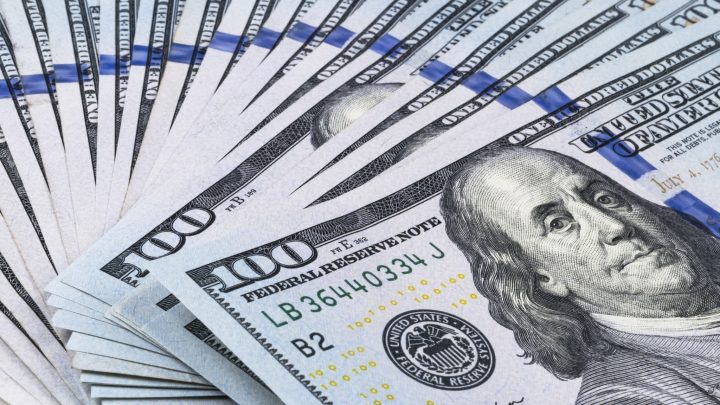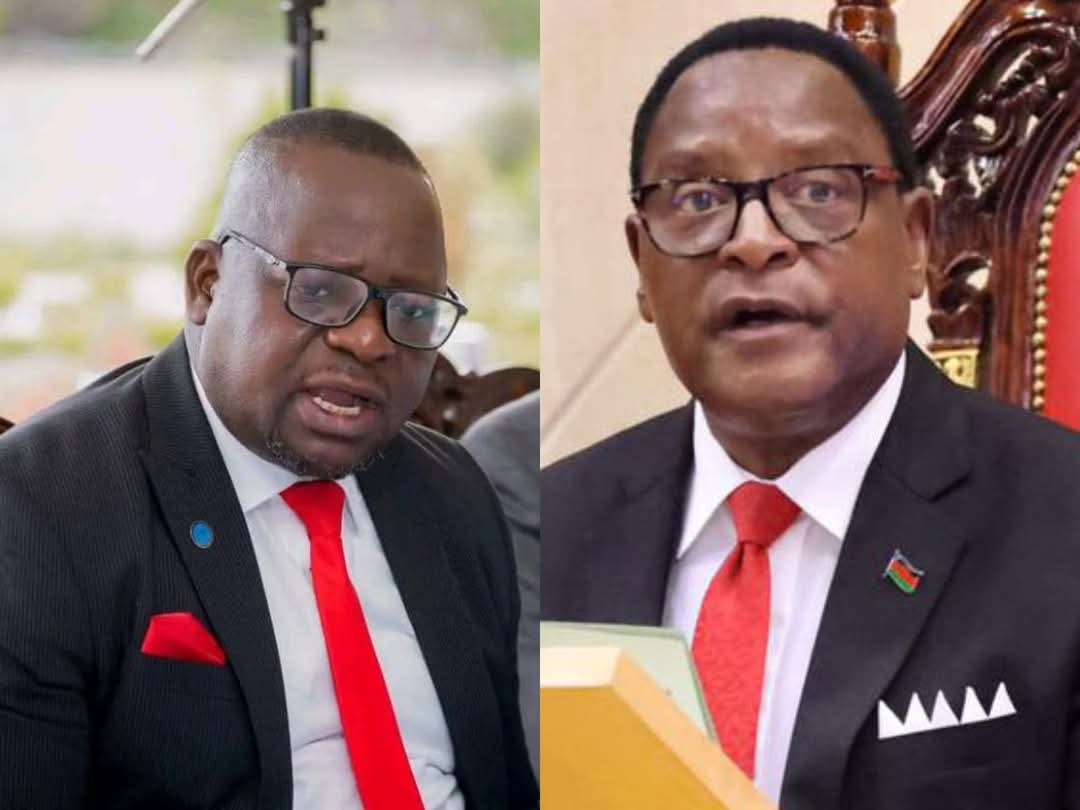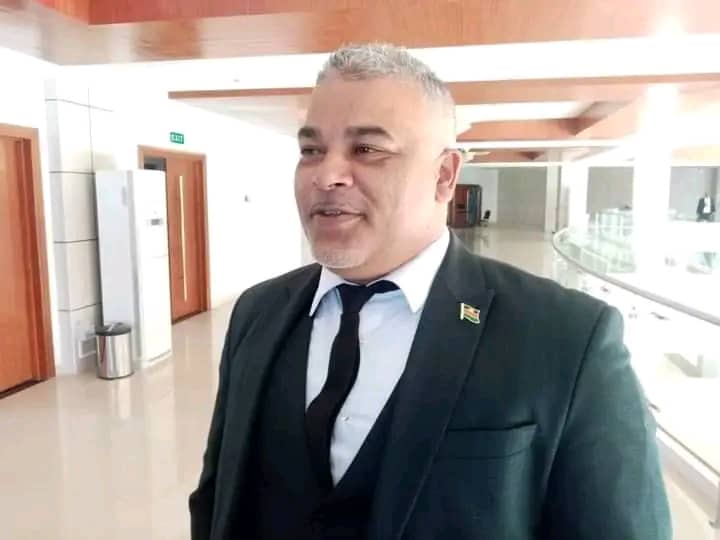By Burnett Munthali
Foreign exchange reserves are crucial for any country, serving as a buffer against economic shocks and ensuring stability in currency value. In Malawi, the question of whether the country has enough foreign exchange is critical, particularly as it faces various economic challenges. This article explores the current state of Malawi’s foreign exchange reserves, the factors influencing these reserves, and the implications for the economy.
As of recent reports, Malawi’s foreign exchange reserves have been under pressure due to a combination of factors, including rising import bills, reduced export earnings, and external debt obligations. The Reserve Bank of Malawi (RBM) plays a crucial role in managing these reserves, which are essential for stabilizing the kwacha, the country’s currency, and facilitating international trade.
Data from the RBM indicates that while there have been some fluctuations in the reserves, they are not at optimal levels. As of the latest figures, Malawi’s reserves have struggled to cover the minimum three months’ worth of imports, which is a standard benchmark for many countries. This shortfall raises concerns about the country’s ability to meet its international obligations and manage economic stability.
Several factors contribute to the current state of foreign exchange reserves in Malawi:
Trade Imbalance: Malawi has a persistent trade deficit, where the value of imports consistently exceeds that of exports. Key exports, such as tobacco, tea, and coffee, have faced price volatility in global markets, impacting foreign exchange earnings. Additionally, reliance on a narrow range of export products leaves the economy vulnerable to external shocks.
Rising Import Costs: The cost of imports, particularly fuel and essential goods, has increased due to global price hikes. This situation puts additional pressure on foreign exchange reserves, as the country must spend more to acquire the same amount of goods.
Debt Servicing: Malawi’s external debt obligations further strain its foreign exchange reserves. As the country seeks to manage its debt, a significant portion of its foreign exchange earnings is directed towards servicing these loans, limiting the funds available for other economic activities.
The current state of foreign exchange reserves has several implications for Malawi’s economy:
Currency Stability: Insufficient foreign exchange reserves can lead to depreciation of the kwacha, which further exacerbates inflation and increases the cost of living for ordinary citizens. A weak currency can deter foreign investment and reduce consumer confidence.
Impact on Imports: A lack of adequate reserves may hinder the government’s ability to import essential goods, including food, fuel, and medical supplies. This situation can lead to shortages and adversely affect the overall economic environment.
Investment Climate: Foreign exchange stability is a critical factor for investors. Uncertainty about currency value and the ability to repatriate profits can discourage foreign direct investment (FDI), which is vital for economic growth and development.
To enhance foreign exchange reserves and ensure economic stability, Malawi can consider several strategies:
Diversification of Exports: Investing in sectors beyond traditional exports can help increase foreign exchange earnings. This includes promoting agricultural diversification, boosting manufacturing, and expanding services that can generate foreign currency.
Strengthening Trade Relations: Building stronger trade relationships with other countries can open new markets for Malawian products, potentially increasing export revenues. Bilateral and multilateral trade agreements can be beneficial in this regard.
Fiscal and Monetary Policies: Implementing sound fiscal and monetary policies can help manage inflation and stabilize the currency. The RBM can consider measures to attract foreign investment and encourage remittances from Malawians abroad, which can provide a boost to foreign exchange reserves.
In conclusion, as it stands, Malawi faces challenges regarding its foreign exchange reserves, which are not at the desired levels to ensure economic stability. The country must address the underlying issues contributing to its trade imbalance, rising import costs, and debt obligations. By adopting strategies to diversify exports, strengthen trade relations, and implement sound economic policies, Malawi can work towards improving its foreign exchange situation. Ultimately, a more robust foreign exchange reserve will foster economic resilience, promote investor confidence, and enhance the overall well-being of Malawians.
- NBS Bank commits K5 billion to BEAM sanitation drive
- Simplex Chithyola Accuses Government of Balancing Books on the Backs of the Poor
- A Cleaner, Healthier Malawi: VP Witnesses Launch of BEAM Trust’s Ambitious Plan
- BMTV removes Chizaso Nyirongo from Amaryllis Hotel sale
- A Catholic health care organization to implement mental health project




